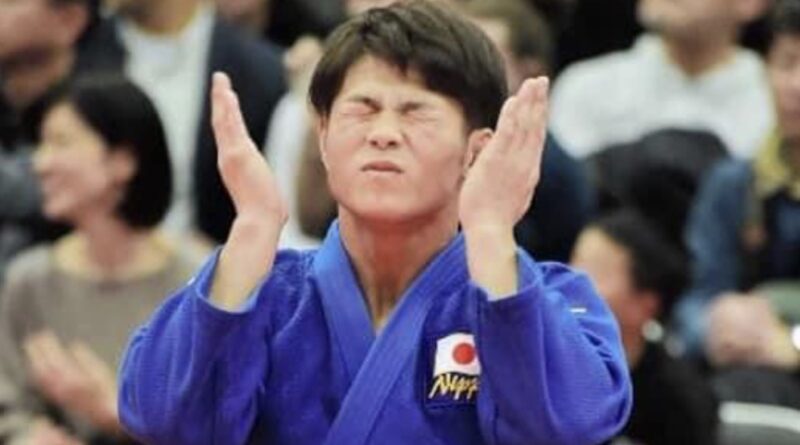Investigating in-performance transitions between mental states in high-level judoka
Kellermann B, Collins D, MacPherson A, Bertollo M. Investigating in-performance transitions between mental states in high-level judoka using video-based stimulated recall. Psychol Sport Exerc. 2024 Jul 10:102701.

ABSTRACT:
The Multi-Action Plan model offers an idiosyncratic, sport-specific, and applied framework categorising two peak (Type 1 & 2) and two non-peak performance types (Type 3 & 4). The purpose of the present study was to examine the transitions between these Performance Types across three competition-simulating training judo fights. After videoing three judo fights per participant, we interviewed six high-level judo practitioners (Mdage=19 years) using video-stimulated recall. While watching their fights, participants indicated which Performance Types they experienced during each fight and, subsequently, discussed their experience with the lead researcher. Findings indicated that participants spent most time in effortful mental states (Type 2 & 3). Additionally, they identified currently not defined states ‘between’ current typologies, e.g., T2.5. Overall, participants reported more down- than upregulations. Specifically, they described downregulations as mostly uncontrolled and related to fatigue, technical-tactical, or cognitive-emotional transition cues. In contrast, they characterised upregulations as deliberate and proactive mental resets, utilising strategies such as self-talk. Lastly, we discussed our findings in relation to existing literature and offered implications for research and practice.
Keywords: flow state; judo; multi-action plan model; peak performance; self-regulation.
Download the full article HERE.

